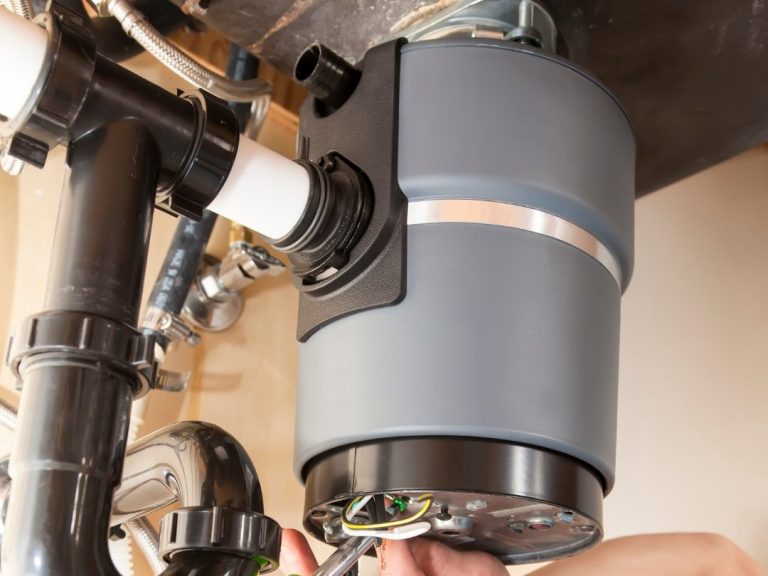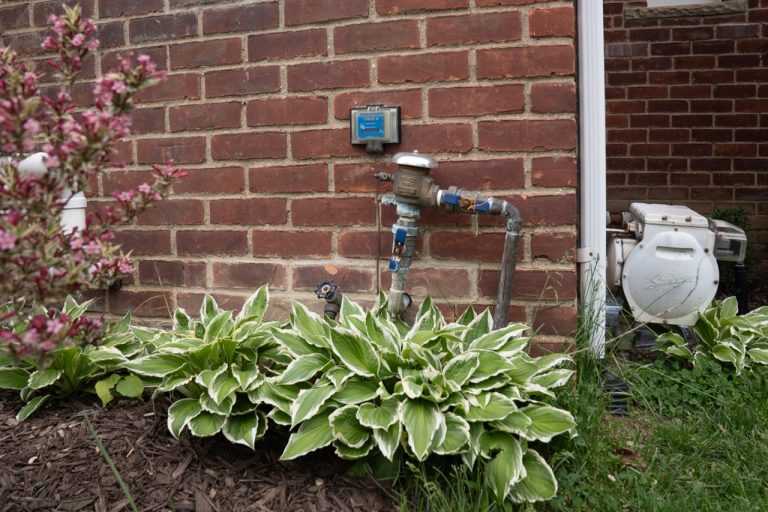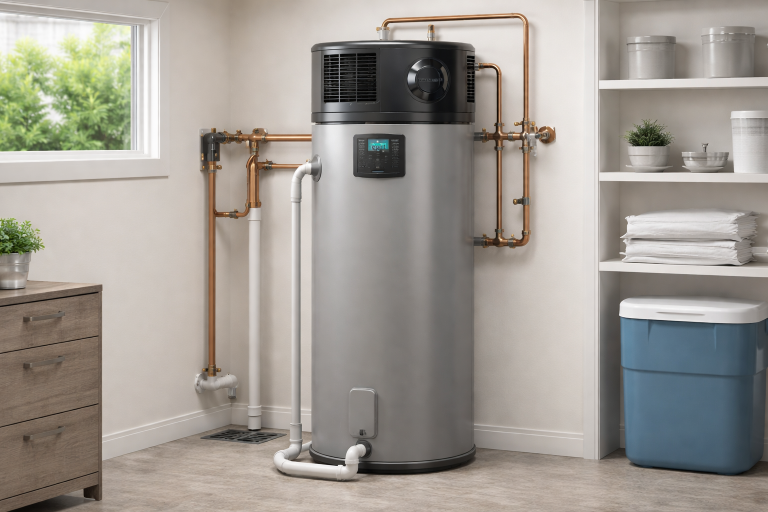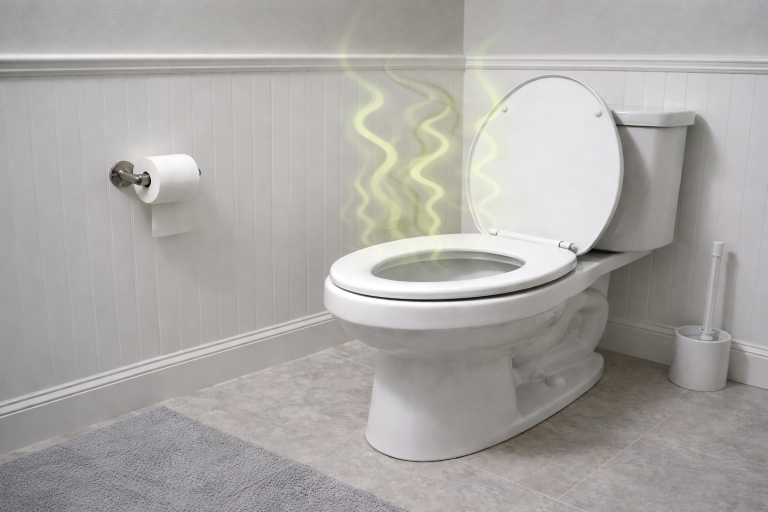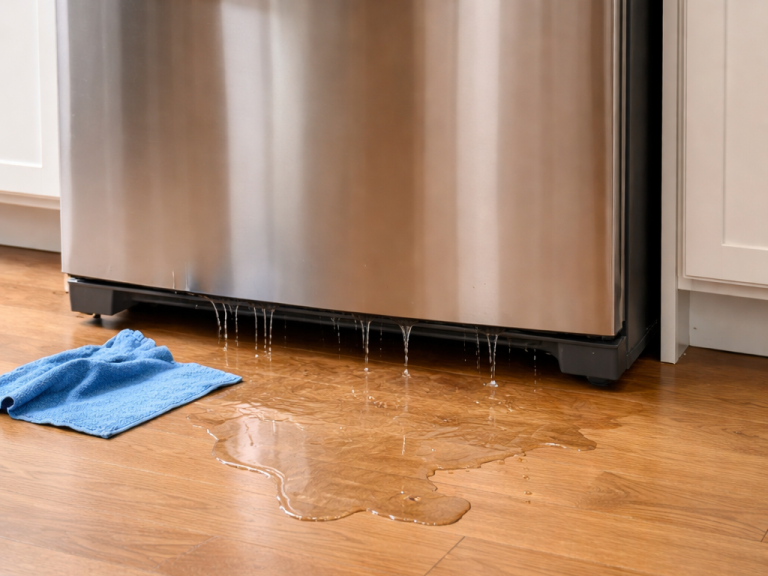Preventive Plumbing Checks Are Trending for a Reason
Why Preventive Plumbing Is Gaining Attention in Metro Detroit Across Metro Detroit, more homeowners are scheduling preventive plumbing checks instead of waiting for something to break. With freezing winters, aging infrastructure, and older homes common throughout Oakland County and surrounding areas, proactive plumbing care has become a smart and practical investment. Instead of reacting to…

